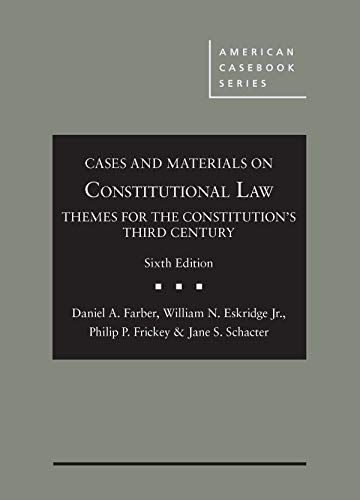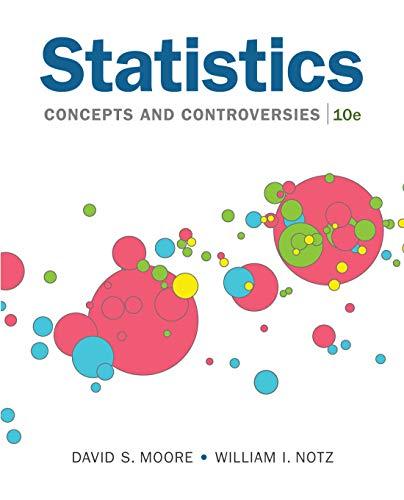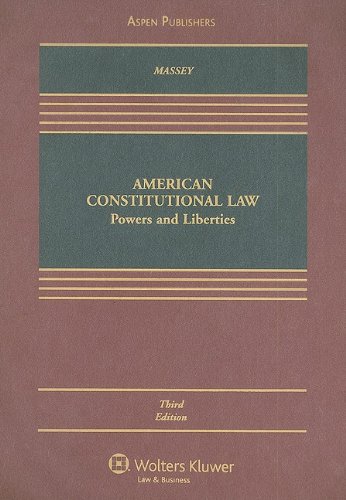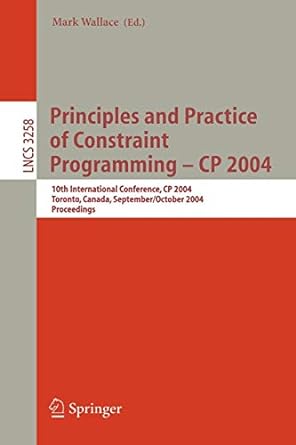Go back

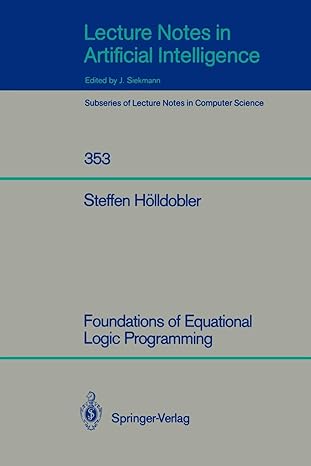
Foundations Of Equational Logic Programming LNAI 353(1st Edition)
Authors:
Steffen Holldobler

Cover Type:Hardcover
Condition:Used
In Stock
Include with your book
Free shipping: April 06, 2024Popular items with books
Access to 3 Million+ solutions
Free ✝
Ask 10 Questions from expert
200,000+ Expert answers
✝ 7 days-trial
Total Price:
$0
List Price: $37.99
Savings: $37.99(100%)
Book details
ISBN: 354051533X, 978-3540515333
Book publisher: Springer
Get your hands on the best-selling book Foundations Of Equational Logic Programming LNAI 353 1st Edition for free. Feed your curiosity and let your imagination soar with the best stories coming out to you without hefty price tags. Browse SolutionInn to discover a treasure trove of fiction and non-fiction books where every page leads the reader to an undiscovered world. Start your literary adventure right away and also enjoy free shipping of these complimentary books to your door.
Foundations Of Equational Logic Programming LNAI 353 1st Edition Summary: Equations play a vital role in many fields of mathematics, computer science, and artificial intelligence. Therefore, many proposals have been made to integrate equational, functional, and logic programming. This book presents the foundations of equational logic programming. After generalizing logic programming by augmenting programs with a conditional equational theory, the author defines a unifying framework for logic programming, equation solving, universal unification, and term rewriting. Within this framework many known results are developed. In particular, a presentation of the least model and the fixpoint semantics of equational logic programs is followed by a rigorous proof of the soundness and the strong completeness of various proof techniques: SLDE-resolution, where a universal unification procedure replaces the traditional unification algorithm; linear paramodulation and special forms of it such as rewriting and narrowing; complete sets of transformations for conditional equational theories; and lazy resolution combined with any complete set of inference rules for conditional equational theories.
Customers also bought these books
Frequently Bought Together
Top Reviews for Books
Jean Koffi
( 4 )
"Delivery was considerably fast, and the book I received was in a good condition."


